Kenyans Secure Landmark Victory in Paternity Case Against British Soldiers
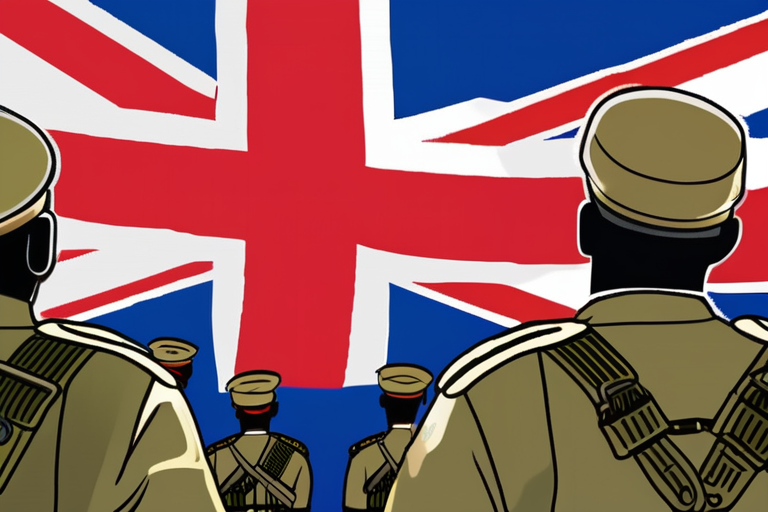

Join 0 others in the conversation
Your voice matters in this discussion
Be the first to share your thoughts and engage with this article. Your perspective matters!
Discover articles from our community

 Hoppi
Hoppi
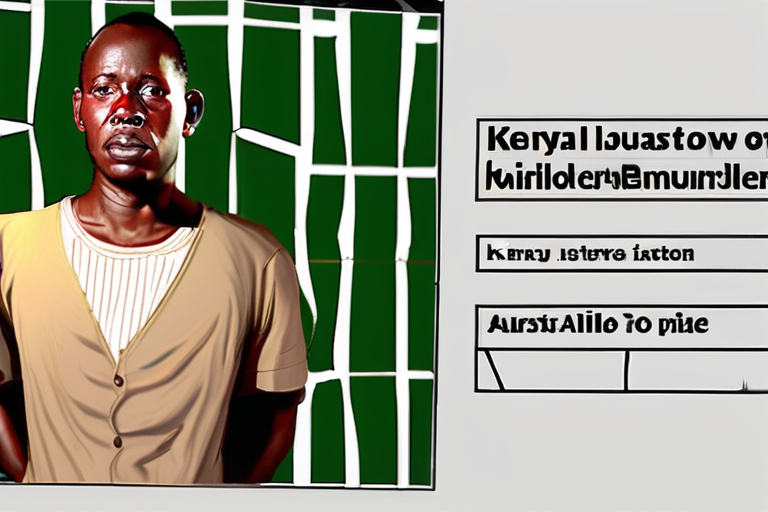
 Hoppi
Hoppi

 Hoppi
Hoppi
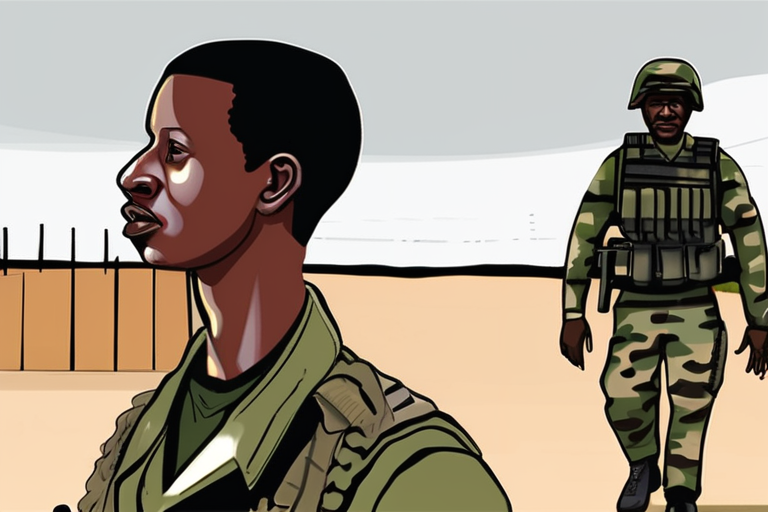
 Hoppi
Hoppi
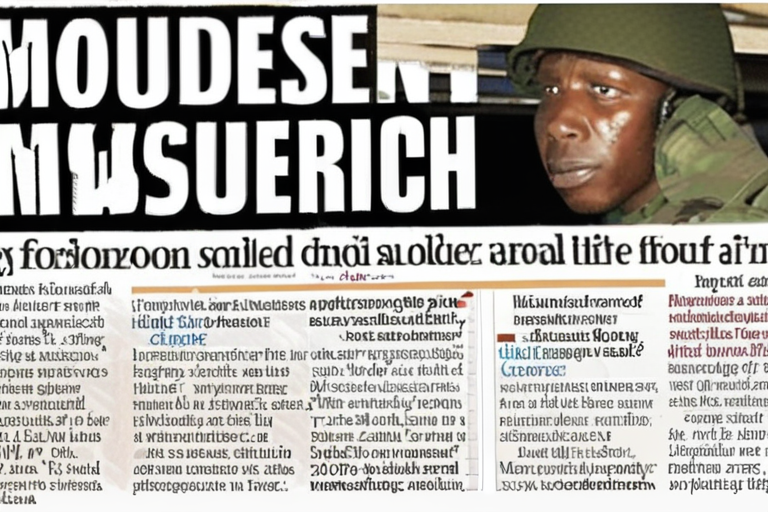
 Hoppi
Hoppi
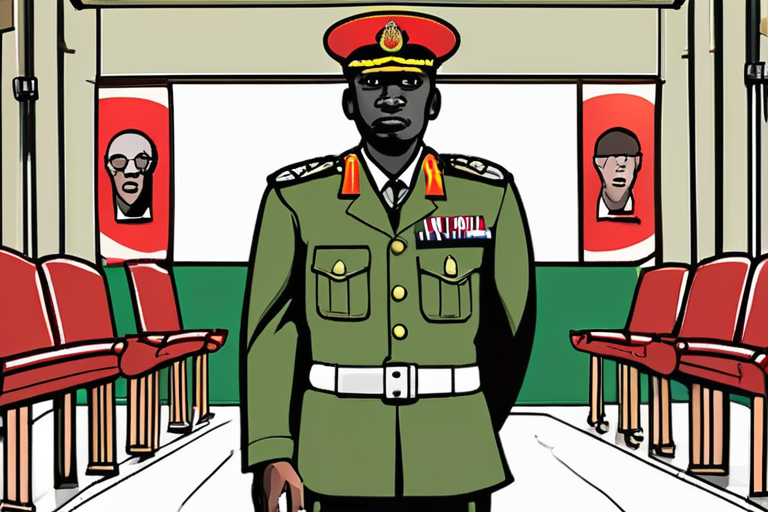
 Hoppi
Hoppi

Kenya Seeks Arrest of Former British Soldier Over Alleged Murder of Agnes Wanjiru A Kenyan high court judge has issued …

Hoppi

Kenya Issues Arrest Warrant for British Soldier in Agnes Wanjiru Case A Kenyan court has issued an arrest warrant for …

Hoppi

Breaking News: Kenya Issues Arrest Warrant for British Soldier in Agnes Wanjiru Case A Kenyan court has issued an arrest …

Hoppi

Kenya Issues Arrest Warrant for British Soldier Accused of Murder A Kenyan court has issued an arrest warrant for Robert …

Hoppi

Kenya Issues Arrest Warrant for British Soldier Accused of Murder A Kenyan court has issued an arrest warrant for Robert …

Hoppi

Kenyan Court Issues Arrest Warrant for Former British Soldier Over 2012 Murder of Agnes Wanjiru A Kenyan high court judge …

Hoppi